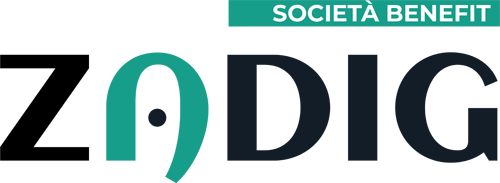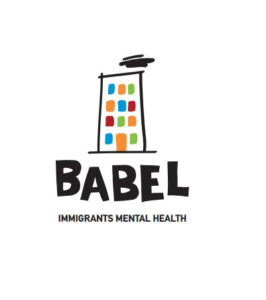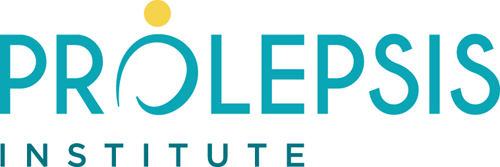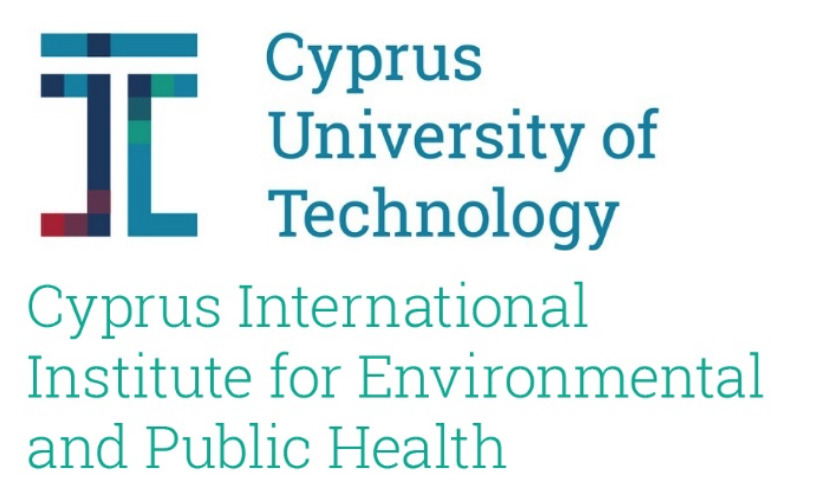Partnership
Ethno-Medical Center (Ethno-Medizinisches Zentrum e.V., EMZ – Germany) is a non-profit health organization with its headquarters in Hannover (Germany). Founded in 1989, EMZ currently operates nationwide and internationally. As a center of excellence for health and social inclusion, EMZ aims to improve the access to healthcare for people with a migrant and refugee background. In its projects, EMZ addresses the migrant and refugee population with multilingual and culturally sensitive education, prevention and counseling services, produces multilingual information materials and offers interpretation services. Furthermore, EMZ works with professionals and institutions to advance the transcultural opening of the healthcare system and to improve the knowledge transfer between science and practice.

Polibienestar is made up of an interdisciplinary team with more than 100 researchers, coming from the Universitat de València and 9 other Spanish and 3 international universities.
Polibienestar cooperates with universities and centres from the European Union, the United States, South America, Africa and Canada as well.
Polibienestar is focused on several research areas such as health, vulnerable groups, smart cities, social policy, governance and public administrations, and corporate economy.
Syn-Eirmos promotes health generally and mental health in particular as well as social care. For this purpose, it has established and operates two mental health units in Athens and Trikala and in addition implements diverse projects of psychosocial support and social care.
Babel Day Centre is one of Syn-eirmos Mental health unit, which provides mental health services to migrants (individuals, families, children, adolescents and groups) since 2007 in Athens, Greece. The overall goal of Babel is to provide appropriate care and support services to strengthen the resilience of migrants and refugees who are addressed to our service.
Babel Day Centre is also developing and providing training courses and clinical supervision to many professionals (mental health professionals, interpreters, hospital staff, social workers, teachers, police, frontline practitioners) working with migrants.
As a coordinator or a partner Prolepsis has participated in approximately 50 EU co-funded and numerous national projects implementing research, applied and educational initiatives, aiming at health promotion and education of the public, policy change and tackling health inequalities.
Its human resources consist of a multi-disciplinary experienced team of physicians, health promotion and communication specialists, statisticians, psychologists, sociologists and economists, each of which undertake distinct roles in the Institute’s projects. Moreover, the Institute encourages interdisciplinary and international co-operation, creating networks of collaboration not only in Greece but also in Member-States of the European Union, Eastern European Countries and the USA.
In terms of migrant health, among others Prolepsis is leading the DG SANTE-funded project Mig-HealthCare: Strengthen Community Based Care to minimize health inequalities and improve the integration of vulnerable migrants and refugees into local communities (2017-2021). The project aims to reduce health inequalities by improving the health care services of migrants and refugees, and activities include the development of evidence-based recommendations for service providers. In addition, the Institute was the coordinator of the EU-funded PROMOVAX project (2010-2013), an initiative designed to promote immunizations to migrants, with goals including enhancing health care professionals’ knowledge on migrants’ immunization needs.
The Cyprus University of Technology (Cyprus) is the second largest and one of the leading research Universities in Cyprus, with high values in its academic character and emphasis on high quality research in major branches of science and technology. It has a staff of 119 academics and 220 administrative employees supporting all aspects of teaching and research. In just under a decade since its establishment, CUT was ranked by Times Higher Education at the top 401-500 Universities worldwide, and in 2017 received the 52nd place on the BRICS & Emerging Economies Rankings by the same organization. CUT has received an Investors in People Bronze award.
The Cyprus International Institute for Environmental and Public Health (CII), which is part of the Cyprus University of Technology, is an international research, education, and technology initiative addressing environmental and public health issues in Cyprus and the region. It provides opportunities for research, education, and training and its research programs attract funding and recognition from Cyprus, the EU, the USA, and elsewhere.
CII has participated as a partner in several European projects, such as the EU funded PROMOVAX project (2010-2013), a programme which aimed to identify migrants’ immunization needs, promote their vaccination knowledge and uptake, and improve health care professionals’ knowledge about these specific immunization needs of European migrants. Moreover, through its partnership in the H-Com project (2015-2018), which offers training to medical and nursing professionals to enhance and promote their communication skills, CII has strengthened its capacity to develop and provide vocational training in this specific category of health professionals. More recently, CII was a partner in the EU-VET CARE project (2018-2021), which developed tools and materials to train health care professionals in the delivery of quality health care to migrant and refugee children, including unaccompanied minors.






